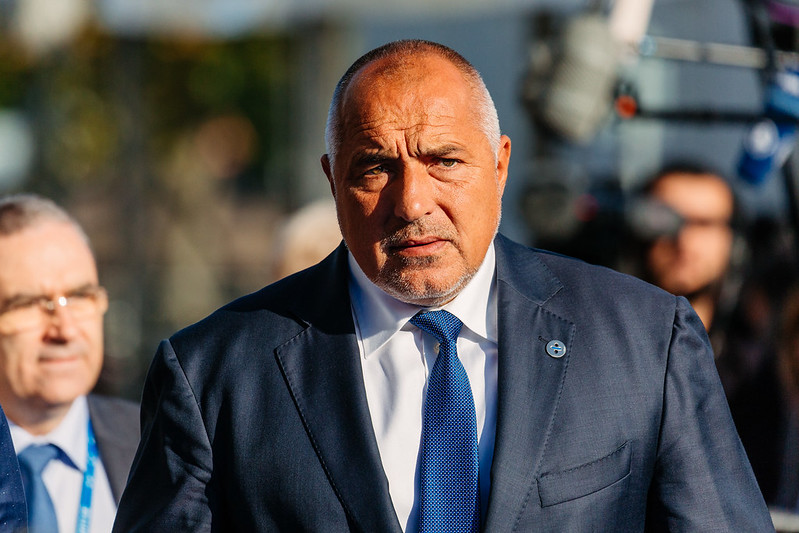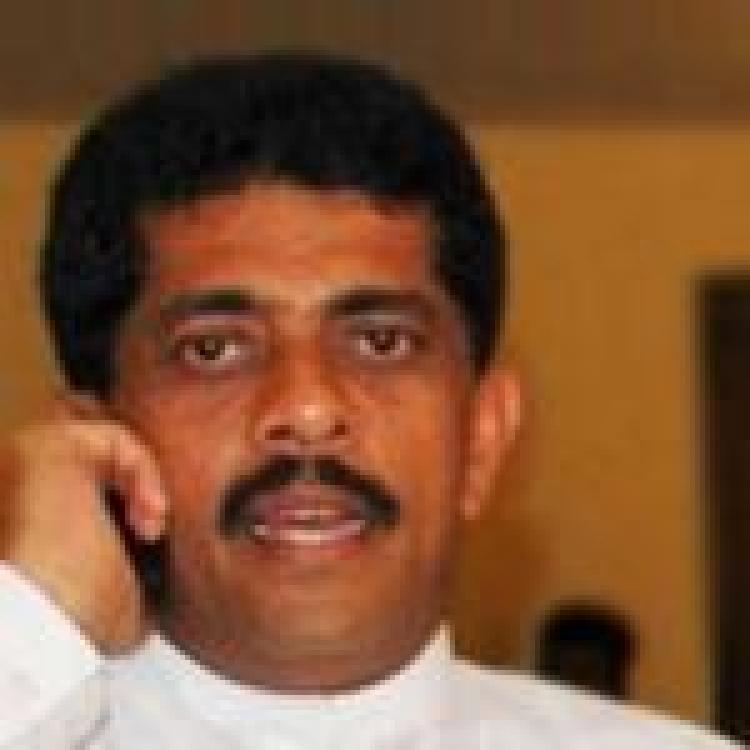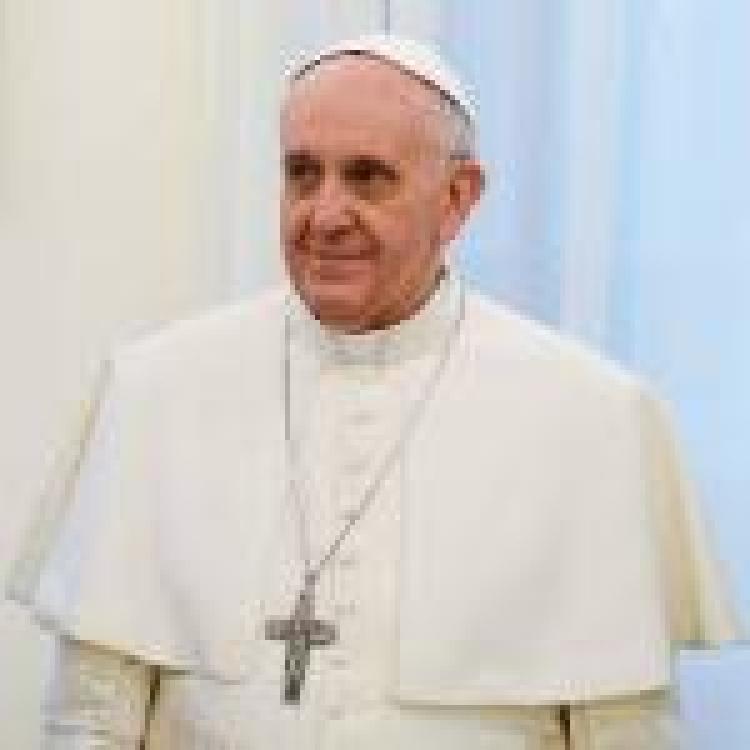
(Photo of Bulgarian Prime Minister Boyko Borissov, Credit Arno Mikkor (EU2017EE))
Thousands of Bulgarians continue to gather in the capital, Sofia, demanding the resignation of Prime Minister, Boyko Borissov, upon allegations of high-level corruption.
Protests erupted after heavily-armed raids ordered by the Chief Prosecutor, Ivan Geshev, took place at the President Rumen Radeve office. Radeve is an outspoken critic of the ruling party’s failure to tackle graft in the highest of ranks. Geshev has since ordered the detention of two officials - President Radeve’s secretary and an advisor.
Radeve responded by stating that “the current oligarchic model of power is depleted and rejected by the people”, urging Borissov and his chief prosecutor to resign in order to resolve the crisis.
Demonstrators have also accused both Borrisov and Geshev of corruption and evasion of rule of law and demand their resignation.
At the end of June, photos of Borrisov sleeping beside a gun on his nightstand, and drawers of cash surfaced. Borrisov contended the authenticity of only some of these images and accused PM Radeve of spying on him with drones, however, both parties have refused to do so thus far. Borissov has been in power since 2009, currently in his third term which is scheduled to end in 2021.
In an attempt to extinguish the protests, on Wednesday, Borrisov sacked three prominent members of his cabinet yet protests continued with vigour on Thursday in Sofia, where over 18,000 demonstrated. Protestors blocked traffic, waved flags and chanted “Mafia” and “Resign”, demanding the removal of oligarchy from the government.
According to corruption watchdog, Transparency International’s recent Corruption Perception Index, Bulgaria ranks as the EU’s most corrupt country. The EU’s non-response to the matter has sparked an online movement upheld by frustrated Bulgarians internationally, circulating images of the protest and hashtag “EUAreYouBlind”.
Read more from the Independent and from Euro News here and here.


